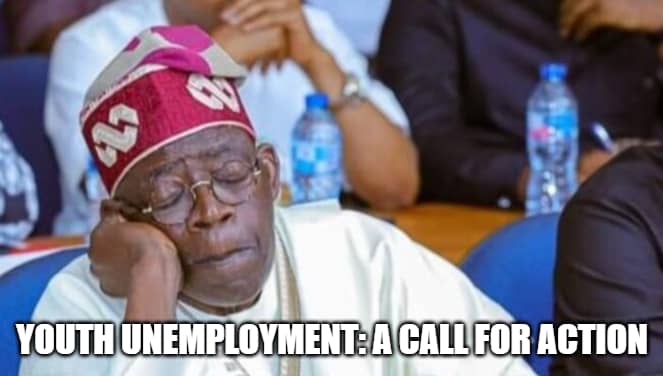In Nigeria’s fast-scrolling digital world, memes are no longer just for laughs, they are part of the country’s political conversation. Whether poking fun at politicians, satirizing policy failures, or highlighting national frustrations, political memes have found a home in the timelines of millions of young Nigerians.
But can a meme actually inspire someone to vote?A new study by communication researcher, Samuel Arowosafe suggests that the answer is both yes and no. While some memes, especially serious, issue-focused ones, have the power to boost political participation among young Nigerians, others may do little more than entertain.
Even more interesting, the same memes that inspire action may also encourage the sharing of political content without verifying its truthfulness.“This dual effect is what makes memes such a powerful (and risky) tool,” says the researcher.
“They can engage, inform, and activate. But they can also mislead.”The study involved an experiment where participants were shown a variety of memes: some were humorous takes on political events, while others were more sober, fact-driven posts. After viewing them, participants reported their likelihood of participating in political activities. Those who saw serious memes were significantly more likely to say they would vote, attend a rally, or contact an official.But there’s a catch.
The research also found that serious memes were more likely to be shared without being verified, especially when the content seemed credible but was not fact-checked. While humorous memes were often brushed off as jokes, serious-looking memes, even if subtly misleading, were more readily believed and shared.“This tells us that credibility and style matter.
People trust what looks formal or informative, even when it hasn’t been verified,” the researcher warns.The findings raise questions about the role of digital literacy in political communication. Owing to the current political landscape where memes can go viral in minutes, the potential for both civic engagement and misinformation is real.So what can be done?
Experts say that political campaigns, civil society groups, and media organizations should leverage memes for good, using them not just for laughs, but as tools to inform, inspire, and mobilize young voters.
At the same time, they stress the importance of equipping youth with critical skills to verify what they consume online, particularly at a time when the build up to 2027 general elections is gaining momentum.In the end, this study confirms what many already sense.
Memes are more than entertainment; they are shaping Nigeria’s democratic future. Whether they push us toward healthy or down the path of misinformation depends on how seriously we take what we scroll past.
Do you want to share a story with us? Do you want to advertise with us? Do you need publicity for a product, service, or event? Contact us on WhatsApp +2348183319097 Email: platformtimes@gmail.com
We are committed to impactful investigative journalism for human interest and social justice. Your donation will help us tell more stories. Kindly donate any amount HERE




